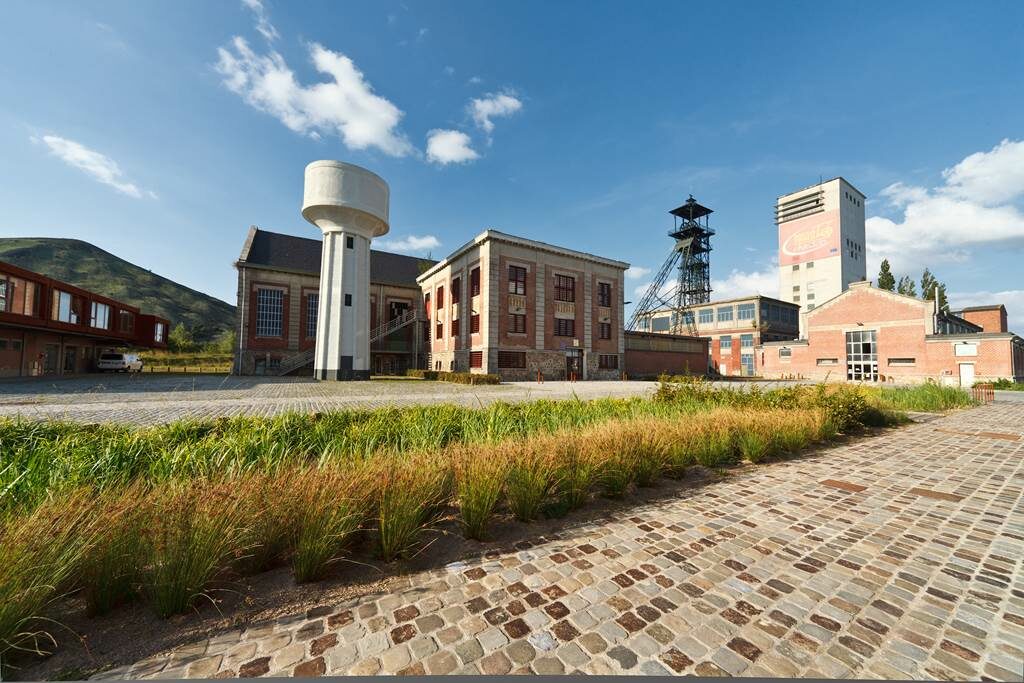The business park of Ravennes-les-Francs is located between Tourcoing and Bondues, in the north of the Lille Metropole Area, France. 24 out of 120 companies have committed to the project.
Regulation allows the use of public electrical network for the implementation of collective self-consumption operation. Three types of technologies were considered:
- Solar photovoltaic on industrial buildings
- Solar photovoltaic in car-park shadow-houses and/or ground mounted solar power plant (on available lands)
- Medium wind turbines
There is a maximal renewable energy production of 10 GWh per year for a total energy production of almost 20 GWh.

The Base 11/19 business cluster is a former mining area in Loos-en-Gohelle, 30 minutes away from Lille. The public authority, Communauté d’Agglomération de Lens-Liévin (CALL), decided to convert the site around sustainable development.
Five companies are involved in the business cluster: CERDD (Centre for Sustainable Development), BISEPS partner CD2E, a startup nursery, sustainability centre CPIE Chaîne des Terrils and Culture Commune (cultural centre). A restaurant has been involved in the project as well. The buildings are owned by CALL and rented to the businesses.
Collective self-consumption allows a groups of energy users to act almost as a single consumer. CD2E led this project as one of 20 experimental sites for collective self-consumption. It is a relatively small but important proof of principle which played a role in helping the development of French regulation of collective self-consumption In 2020 the rules were revised so that as long as the generators and users are within 2 km of each other they can opt for collective self-consumption.
The case study in Loos-en-Gphelle resulted in 1 company producing energy with 4 companies as consumer, who share electricity with different load profiles to maximise the self-consumption rate.